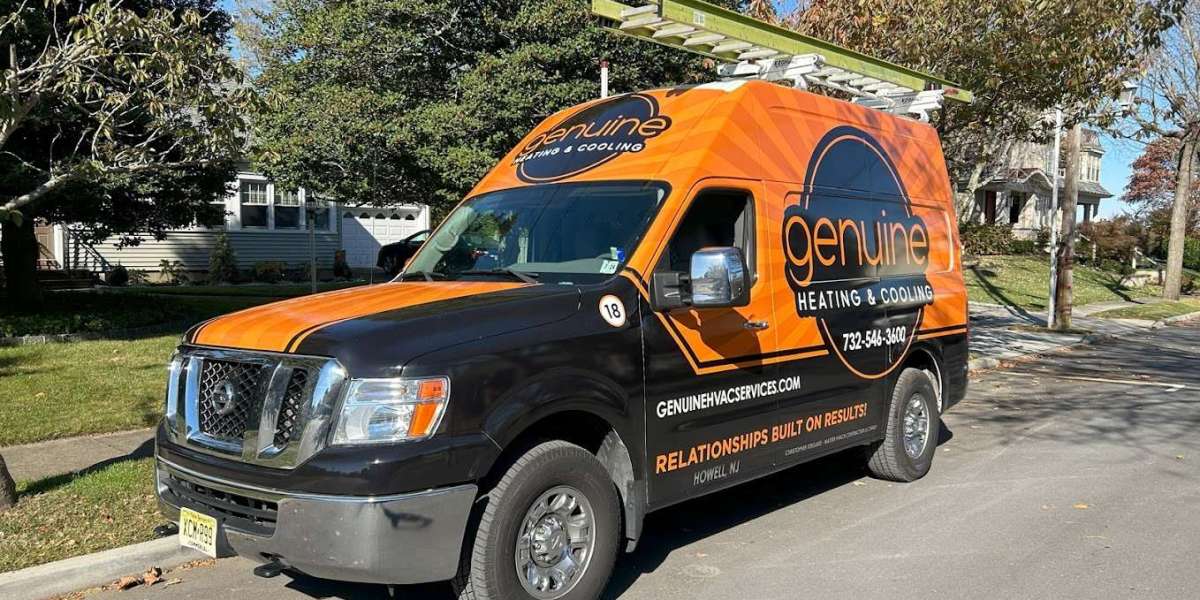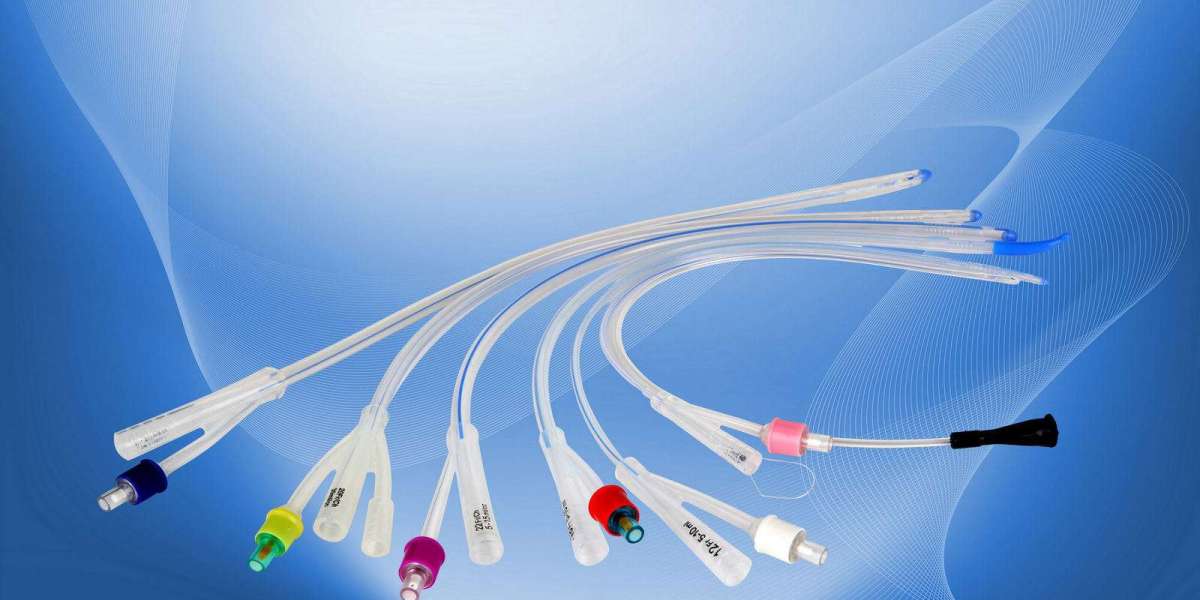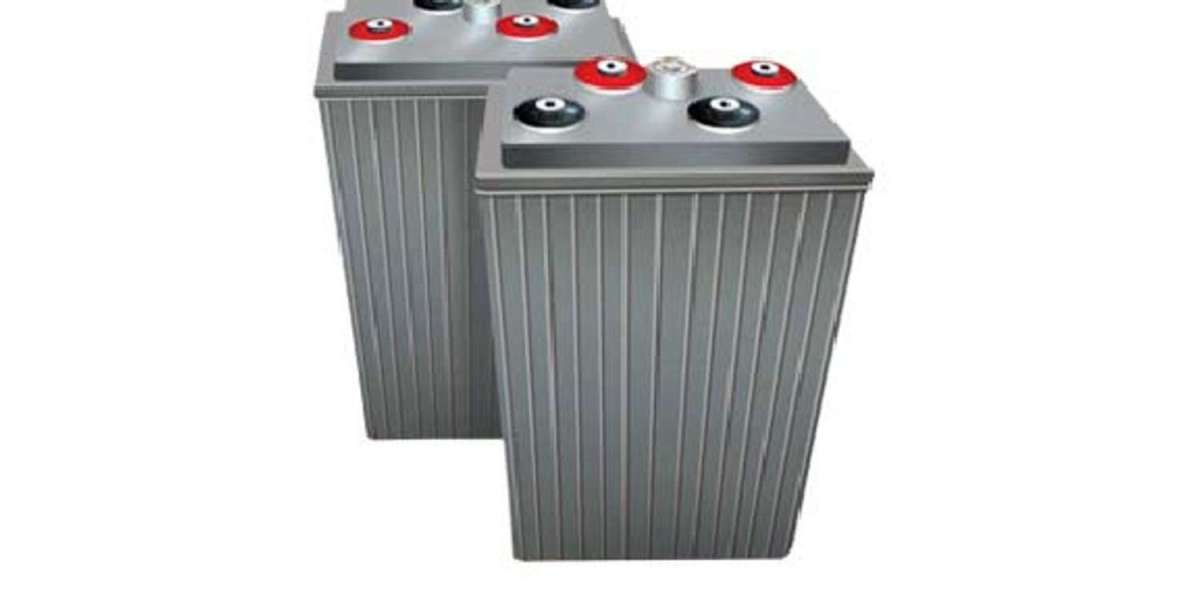When the temperature drops and your furnace or boiler quits, you need help right away. The question is simple. Who can you trust for fast, dependable service in Point Pleasant at any hour. This guide shows you exactly how to find reliable 24 hour heating repair, what to do before you call, what to expect from an emergency visit, and how to prevent a repeat breakdown once the heat is back on.
Local knowledge matters in a shore town. Salt air, strong winds, and sudden weather swings can stress a heating system more than you would expect. That is why many homeowners rely on established local teams such as Genuine Heating & Cooling for round the clock support and clear communication.
Signs you need emergency service right now
Some heating issues can wait until regular hours. Others call for immediate help. Use this quick checklist.
- You smell gas or suspect a leak. Leave the house, call your utility, then schedule emergency heating repair.
- Your carbon monoxide alarm sounds. Open windows, evacuate, and call for help.
- The furnace runs but only blows cold air and the indoor temperature keeps falling.
- The system short cycles with loud banging or grinding noises.
- You see water around the boiler or air handler, or the condensate drain is overflowing.
- The breaker trips repeatedly when the heat starts.
If any of these are happening, do not keep restarting the system. Shut it off and call a trusted local provider for emergency heating repair.
Simple steps to try before you call
A few safe checks can solve minor issues and save time.
- Set the thermostat to Heat and raise the set point above room temperature. Replace batteries if the display is blank.
- Check the furnace switch and circuit breaker. Restore power if tripped once. If it trips again, stop and call for help.
- Replace a dirty filter. Restricted airflow can trigger safety limits and shut the system down.
- For gas furnaces, make sure the gas valve on the supply line is open. If you smell gas, stop and leave immediately.
- Confirm return grilles and supply registers are not blocked by furniture or rugs.
If the heat still will not start or the system shuts down again, it is time for an emergency visit.
How to choose a reliable 24 hour provider
Emergency work leaves little time to research, but these quick checks help you pick the right team.
- Look for New Jersey HVACR licensing and proof of insurance. Ask for the license number if it is not listed online.
- Confirm true 24 hour coverage with live phone support. Voicemail only after hours is a red flag.
- Choose a company with clear arrival windows and real time updates by call or text.
- Read a handful of recent local reviews. You are looking for punctuality, clean work, and honest pricing.
- Ask what is included in the diagnostic fee and how estimates are approved before repairs begin.
Local companies that service Point Pleasant, Brick, and Toms River every day understand coastal conditions and carry common parts that fail in this climate. That reduces repeat visits and gets the heat back on faster.
What to expect during an emergency visit
A professional emergency call follows a simple, transparent process.
- The technician listens to your description of the issue and any recent changes.
- Safety checks come first. Gas leaks, venting issues, and carbon monoxide risk are addressed before anything else.
- The technician tests key components. Igniter, flame sensor, pressure switches, blower motor, inducer motor, control board, transformers, fuses, and limit switches for furnaces. Circulator pumps, expansion tanks, aquastats, and relief valves for boilers.
- You receive a clear explanation of findings with photos or readings and a written estimate for the heating repair. No work begins without your approval.
- After the fix, the system is retested under normal operation to confirm stable performance.
- You get simple instructions for filter changes, thermostat settings, and what to watch for overnight.
Good techs leave the area clean, answer all questions, and note any preventive steps to schedule once the emergency has passed.
Typical causes of no heat in Point Pleasant homes
Shore climate creates a specific pattern of failures.
- Dirty flame sensors from salt laden air that causes erratic ignition.
- Clogged condensate traps and drains in high efficiency furnaces after windy, rainy spells.
- Pressure switch faults from blocked intake or exhaust piping.
- Weak capacitors and worn blower motors after heavy start stop cycles during shoulder seasons.
- Boiler lockouts from low water pressure or failed circulators.
- Thermostat issues after power fluctuations.
A seasoned local team knows these patterns and carries parts that match common models in Ocean County.
How pricing usually works for emergency calls
Emergency work should still be predictable. Most providers use a standard diagnostic fee that covers travel and the initial assessment. Repair pricing is then quoted as a flat amount that includes parts and labor. Ask about any additional charges for after midnight arrivals or major holidays. Reputable companies keep pricing simple and secure your approval in writing or by text before work begins.
Why a follow up tune up prevents the next emergency
An emergency fix gets the heat back on. A full tune up solves the reasons the system became vulnerable in the first place. Schedule a post repair visit to complete these steps.
- Clean burners, flame sensor, and ignition parts.
- Verify gas pressure and combustion readings for safe operation.
- Measure static pressure and adjust airflow to design targets.
- Inspect heat exchanger, flue, and vent terminations for corrosion or blockages.
- Flush and secure the condensate system with a float safety switch if needed.
- For boilers, bleed air, test relief valves, and confirm expansion tank charge.
A one hour preventive visit can add years to equipment life while lowering winter bills.
Preventive tips for coastal homes
Coastal air contains salt and fine sand that can speed up corrosion and clog drains. A simple routine helps.
- Change filters every one to two months during heavy use.
- Keep intake and exhaust pipes clear of snow, leaves, and nesting debris.
- Vacuum return grilles and wipe supply registers monthly.
- After storms, check for water near the furnace or boiler and clear the area.
- Ask about protective coatings for outdoor metal parts and stainless hardware where possible.
- Install surge protection to protect control boards during power dips and spikes.
These small habits reduce emergency calls and keep comfort steady through the season.
When a replacement is smarter than another repair
Emergency visits sometimes uncover a larger issue. Consider replacement when three markers line up.
- Age near the end of typical life for the equipment type.
- A failed major component such as a heat exchanger, control board, or circulator that approaches half the cost of a new system.
- Ongoing comfort issues that better ductwork, zoning, or higher efficiency equipment would finally solve.
A transparent contractor will show both choices with numbers, timelines, and expected savings so you can decide with confidence.
How local expertise shortens your downtime
A nearby team can reach your home faster, carry the parts your model needs, and return quickly if a follow up adjustment is required. Local companies also know which intake and exhaust placements resist drifting snow and salt spray, and which condensate drains stay clear in this climate. That kind of practical experience is often the difference between a quick one visit heating repair and a stressful weekend without heat.
Homeowners in and around Point Pleasant can visit Genuine Heating & Cooling at 2301 NJ Route 88, Point Pleasant, NJ 08742 for urgent service and fast follow up care designed for coastal New Jersey homes.
A simple emergency plan to post on your fridge
Preparation keeps a chilly night from turning into a crisis. Use this five step plan.
- Keep the utility emergency number and your preferred heating repair provider number in your phone and on the fridge.
- Store spare thermostat batteries and one new filter in a hall closet.
- Know where the furnace switch, the breaker, and the gas shutoff are located.
- Keep a small flashlight and a carbon monoxide alarm with fresh batteries on each floor.
- Schedule one annual service visit in early fall before the first cold snap.
With a plan and the right team on call, you can move from panic to action in minutes.
Final thoughts
Reliable 24 hour heating repair in Point Pleasant is not luck. It is the result of choosing a licensed local provider, knowing which issues require an immediate call, and taking a few preventive steps once the heat is restored. When you partner with a trusted company that understands shore weather, you get fast arrival, clear pricing, and repairs that last. For many homeowners, that partner is Genuine Heating & Cooling, the local team that keeps Point Pleasant warm through the longest winter nights.



